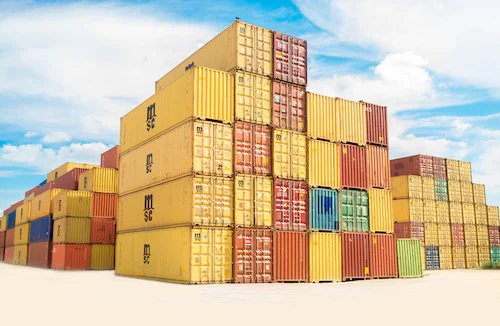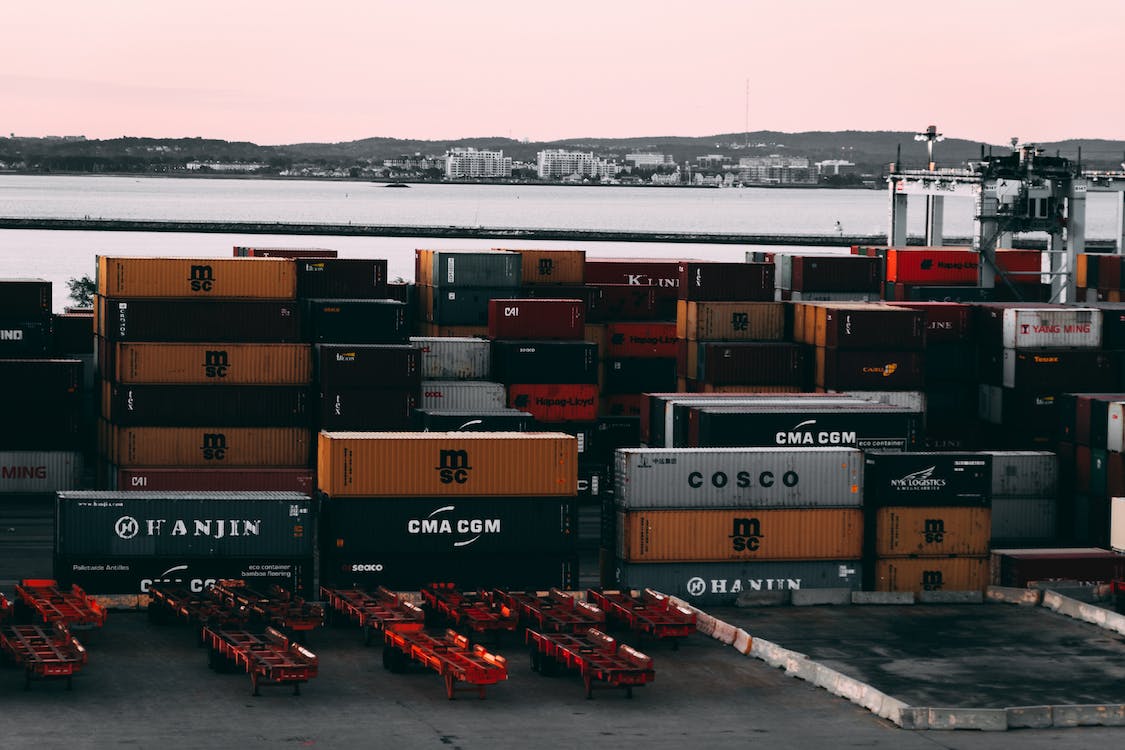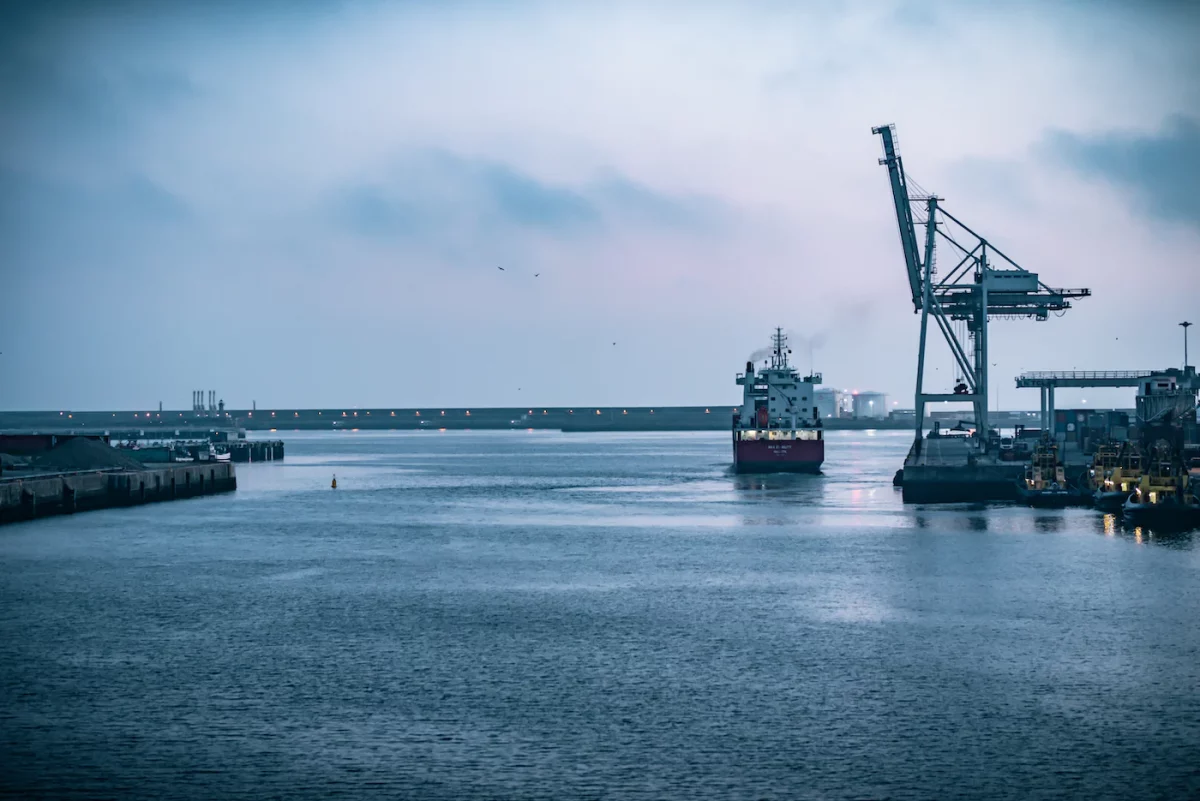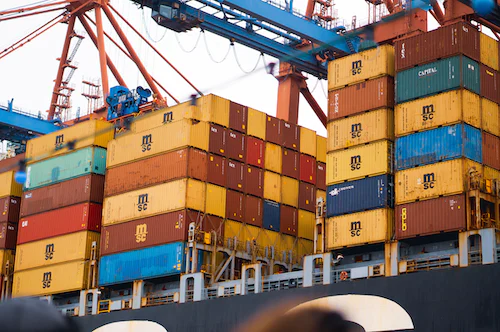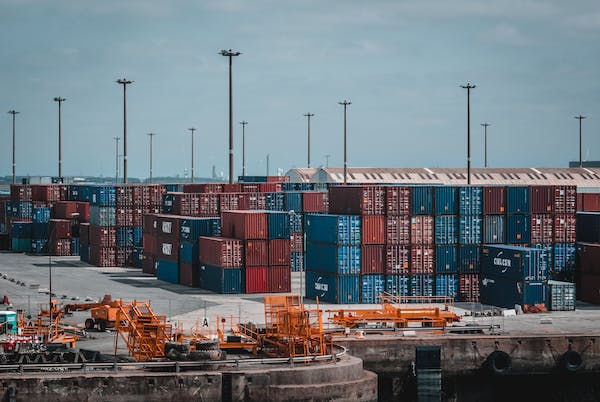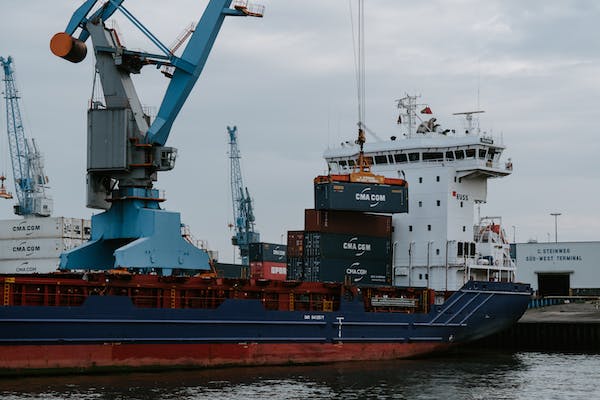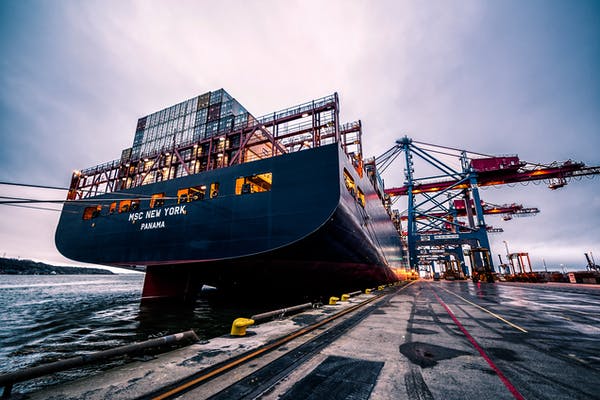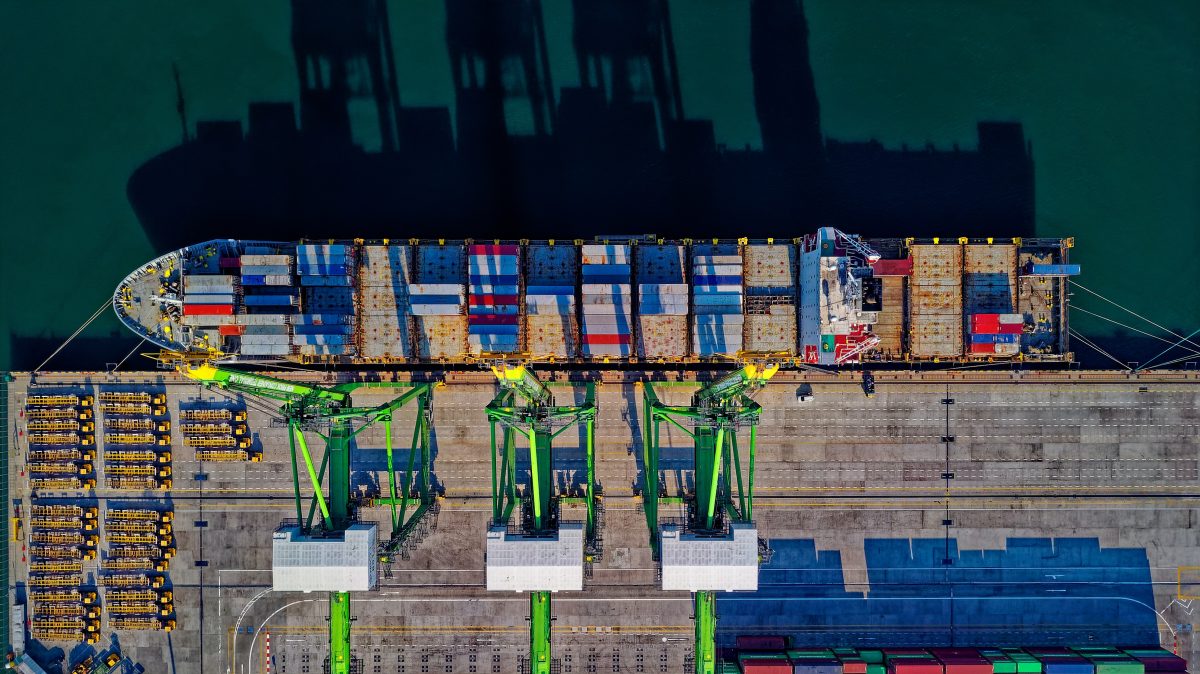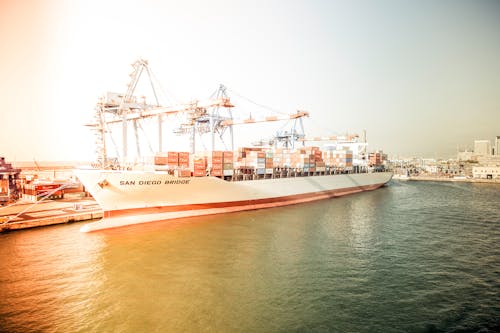Tips when Working with a Freight Forwarder
Working with a freight forwarder international has been a crucial part of exporting products to various ports worldwide for many years. This allows exporters to have third-party support that can handle the consignments when they arrive at their destination. There are also freight forwarders that act as a customs brokerage firm as they assume responsibility for managing clearances on behalf of the shipper.
However, despite being a vital part of the global trading process, many exporters fail to build a healthy working relationship with their international freight forwarding provider. This usually led to price fluctuations, delays in procurement, and details getting overlooked. A solid connection with a forwarder provides several benefits, including lower freight rates that shippers might not secure on their own.
Here are some tips you can consider if you want to start partnering with an international freight forwarding company or improve your connection with them.

· Ensure Proper Communication
The most crucial part of working with freight forwarders is ensuring effective communication throughout the shipping process. You can communicate your priorities and possible future projects to help the forwarders make the process more efficient. In addition, you can also communicate any potential negative experiences with previous forwarders, as it can help build a healthy relationship with your new freight forwarder.
Communicating about the expectations, responsibilities, and projects will make the shipping process more manageable than usual. This will also allow both sides to collaborate on particular issues that might arise during transport.
· Pay On Time
One of the most significant issues faced by freight forwarders for years is late payments. This leads to them having problems paying their own vendors and creditors, which can further delay shipment. This is why exporters must pay on time, enabling them to have a good credit relationship with their freight forwarder. Payment overdue jeopardizes the entire shipping process and can lead to forwarders ending their relationship with the exporters.
· Avoid Cramming Shipments
Transporting shipments takes many things to be successful, which is why it is vital that you plan it in advance. Only giving yourself a few days to have the shipment out will lead to various complications. This includes difficulties in finding vessel space and shipment booking. This will also result in more expenditure due to delayed container use.
· Understand Export Compliance
Another crucial thing to do when exporting products is to ensure you properly understand the requirements to transport your product. For example, you must accurately classify what items you are shipping. You should also know the requirements when labeling the cargo and the paperwork required for your goods. This can help forwarders properly tender shipments and ensure they arrive at their destination without complications.
· Focus on Long-Term Goals
If you are looking to expand your business in the future, it is vital that you consider your freight forwarders as a part of your logistics team. You should not only see them as a third-party service that provides the lowest prices, as this can result in a challenging situation. Making them a part of your internal team will allow you to develop a healthy connection with them, helping you get competitive prices and faster transport speeds.
Conclusion
With freight forwarding expected to be more crucial in the succeeding years, exporters must be able to find a freight forwarder that they’ll be confident working with for a long time. Building a healthy relationship can be a game-changer for many exporters, enabling them to reap several benefits that make shipping cost-effective and faster than usual.
And if you are looking for the best freight forwarder in the Philippines for all your transport needs, then Excelsior Philippines is for you. We have been in the industry for more than two decades, providing our clients with peace of mind that their shipments will arrive at their destination safely. To learn about our services, contact us by visiting www.excelsior.ph/contact-us or calling (+632) 8525-9775.

